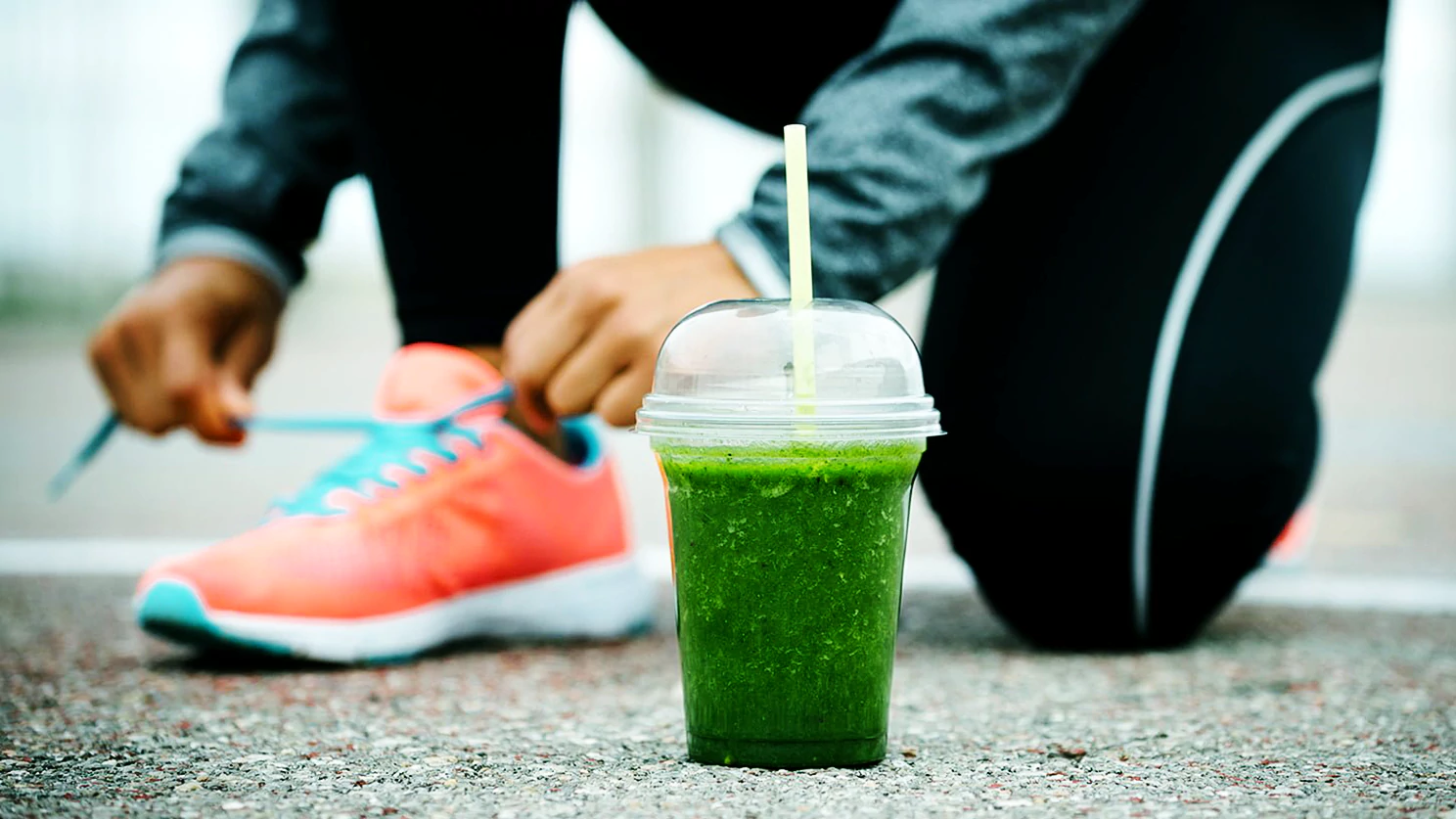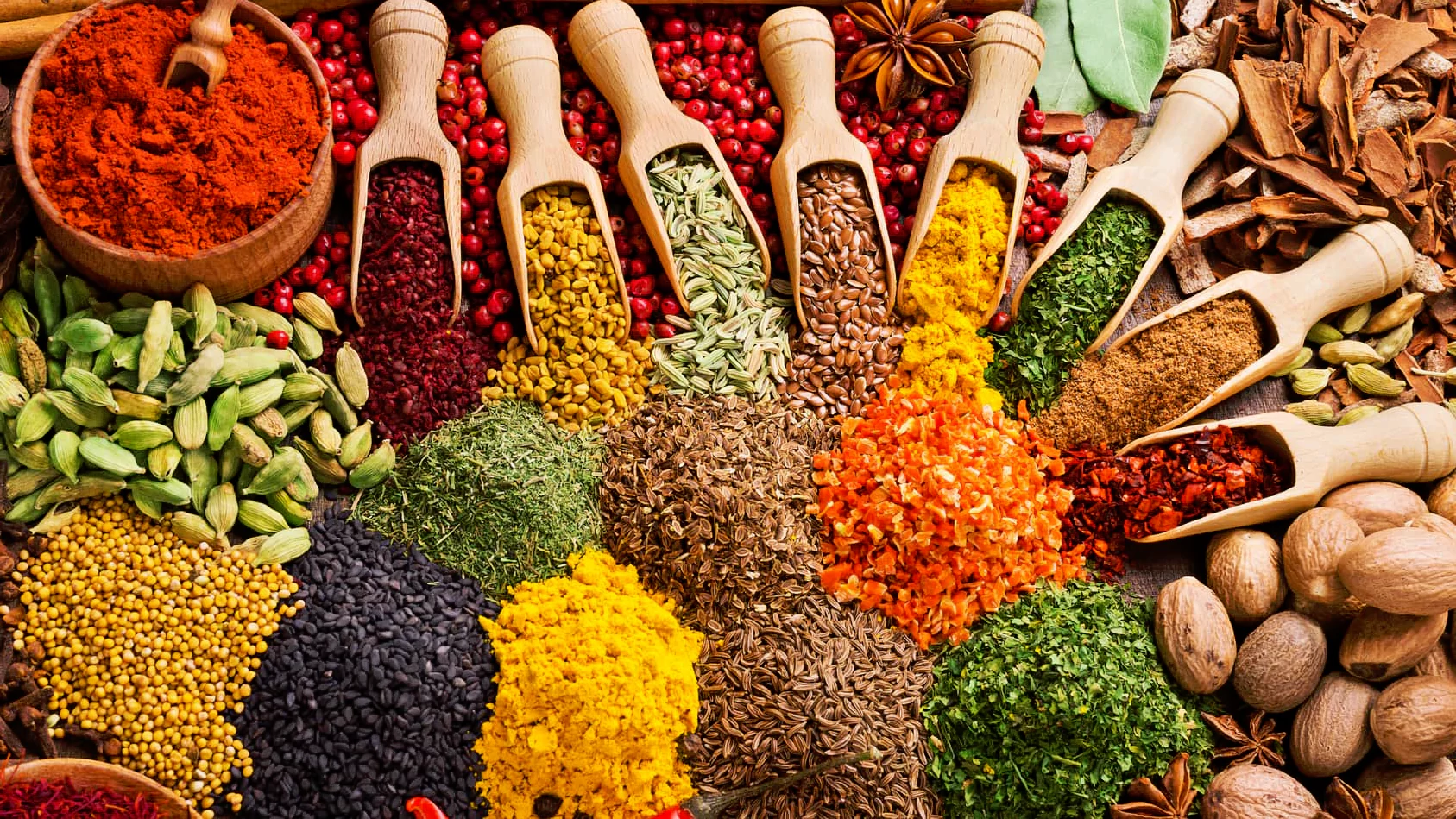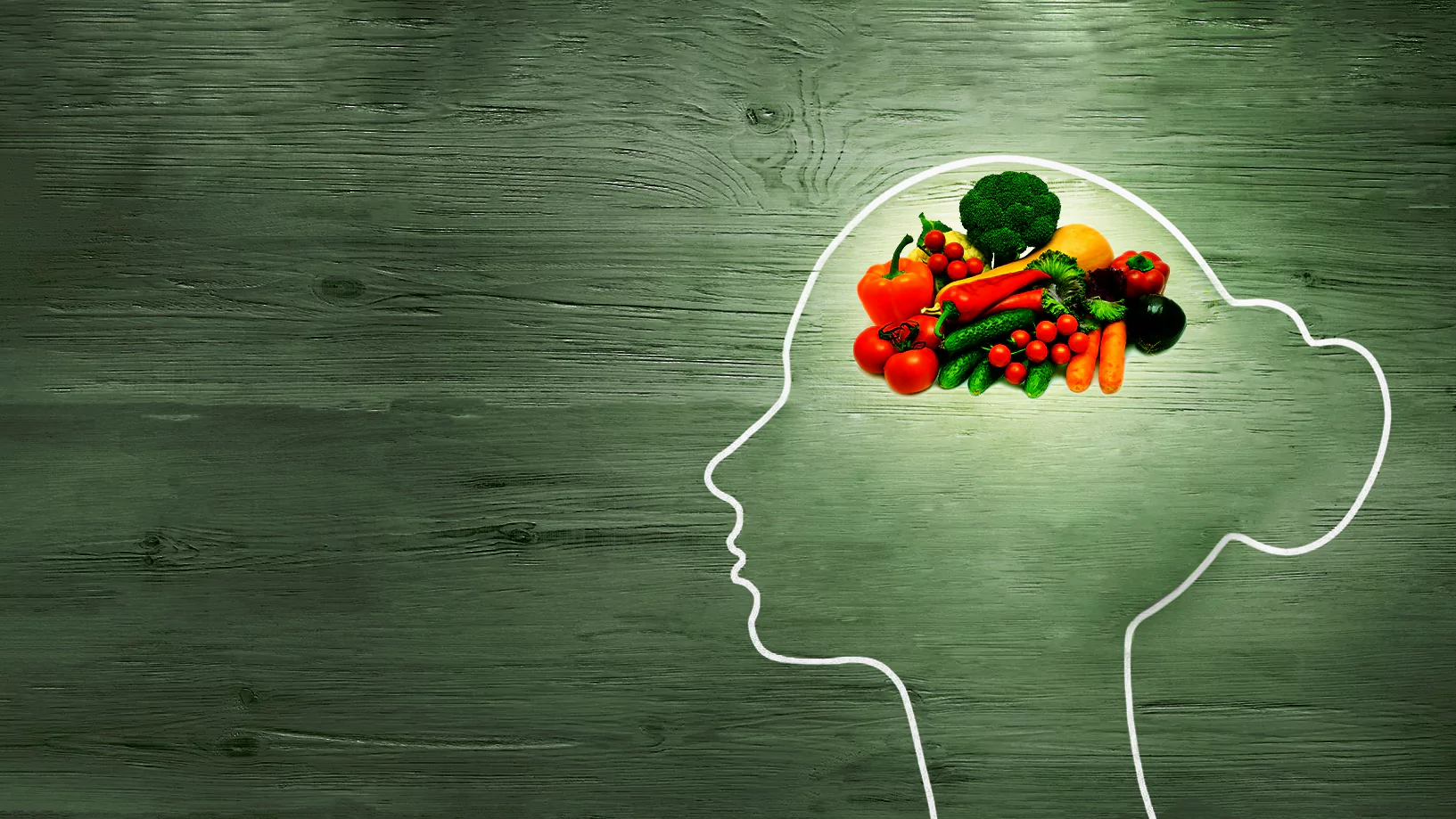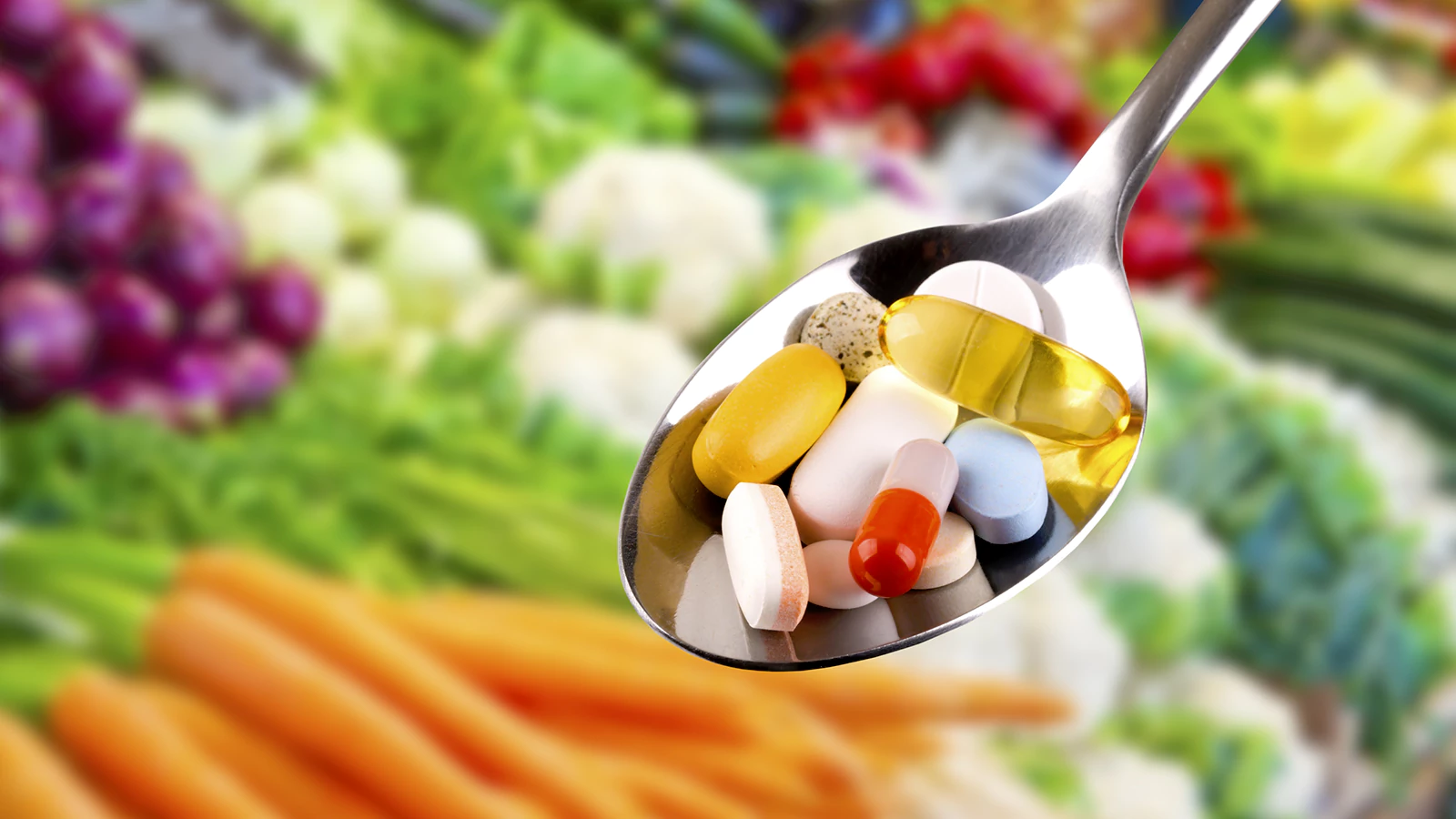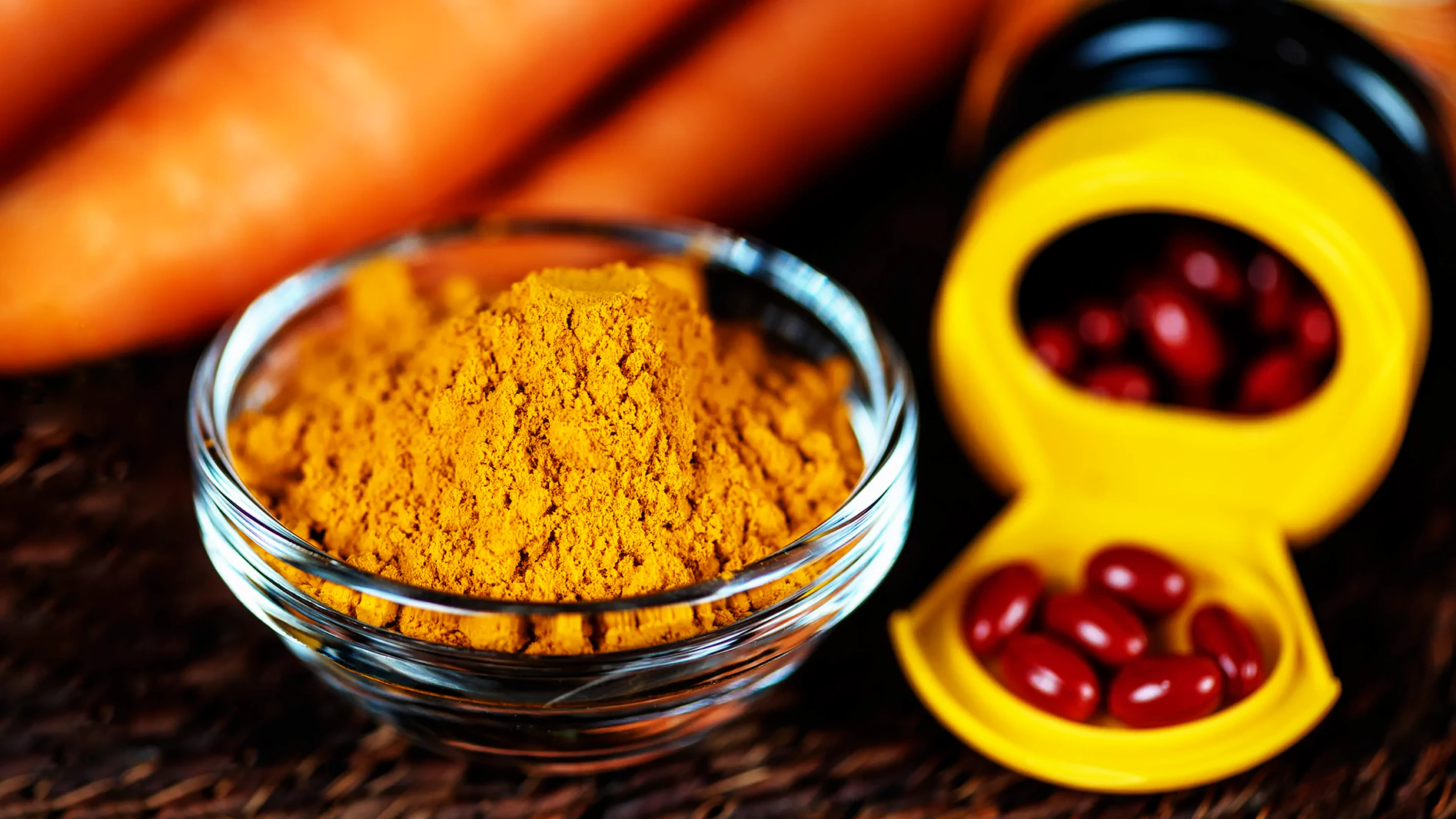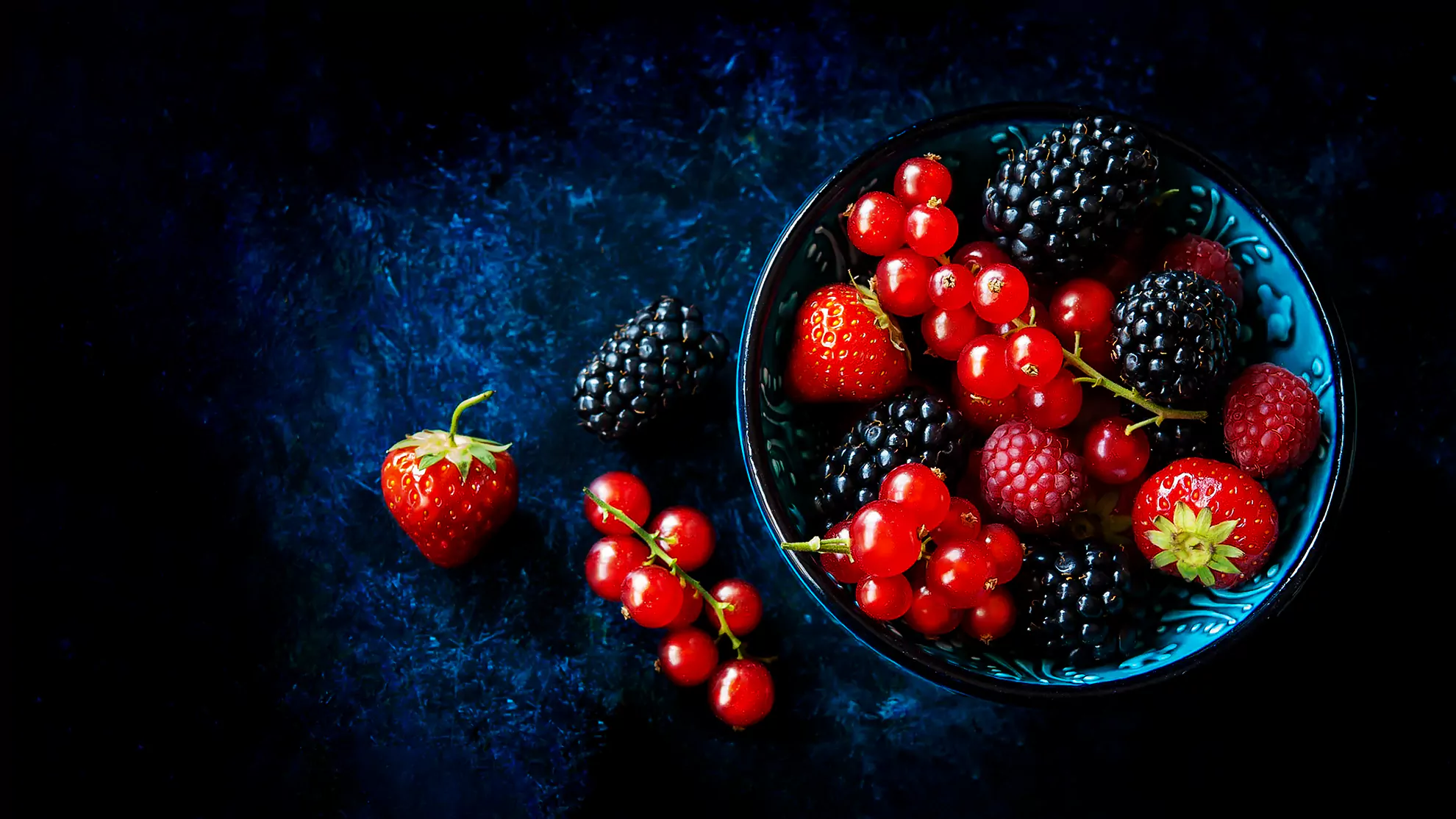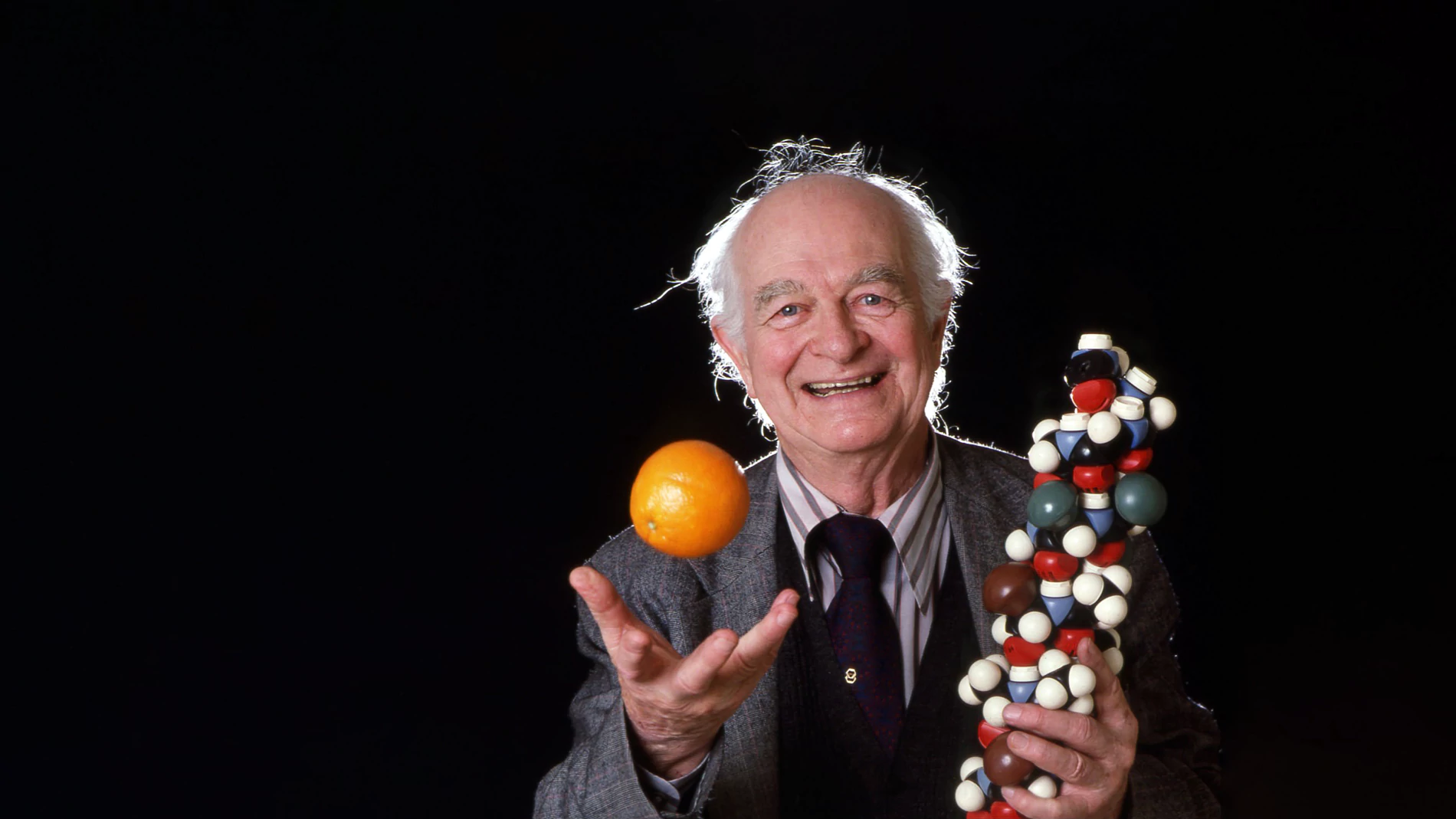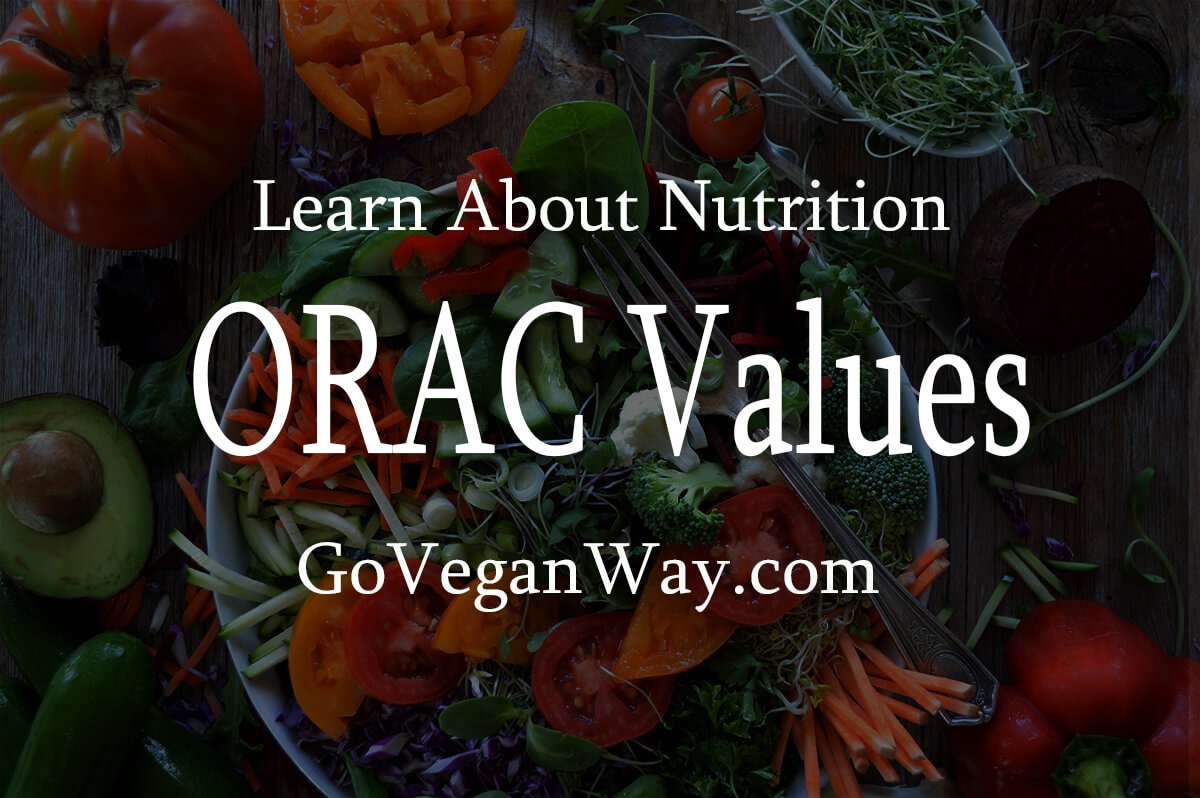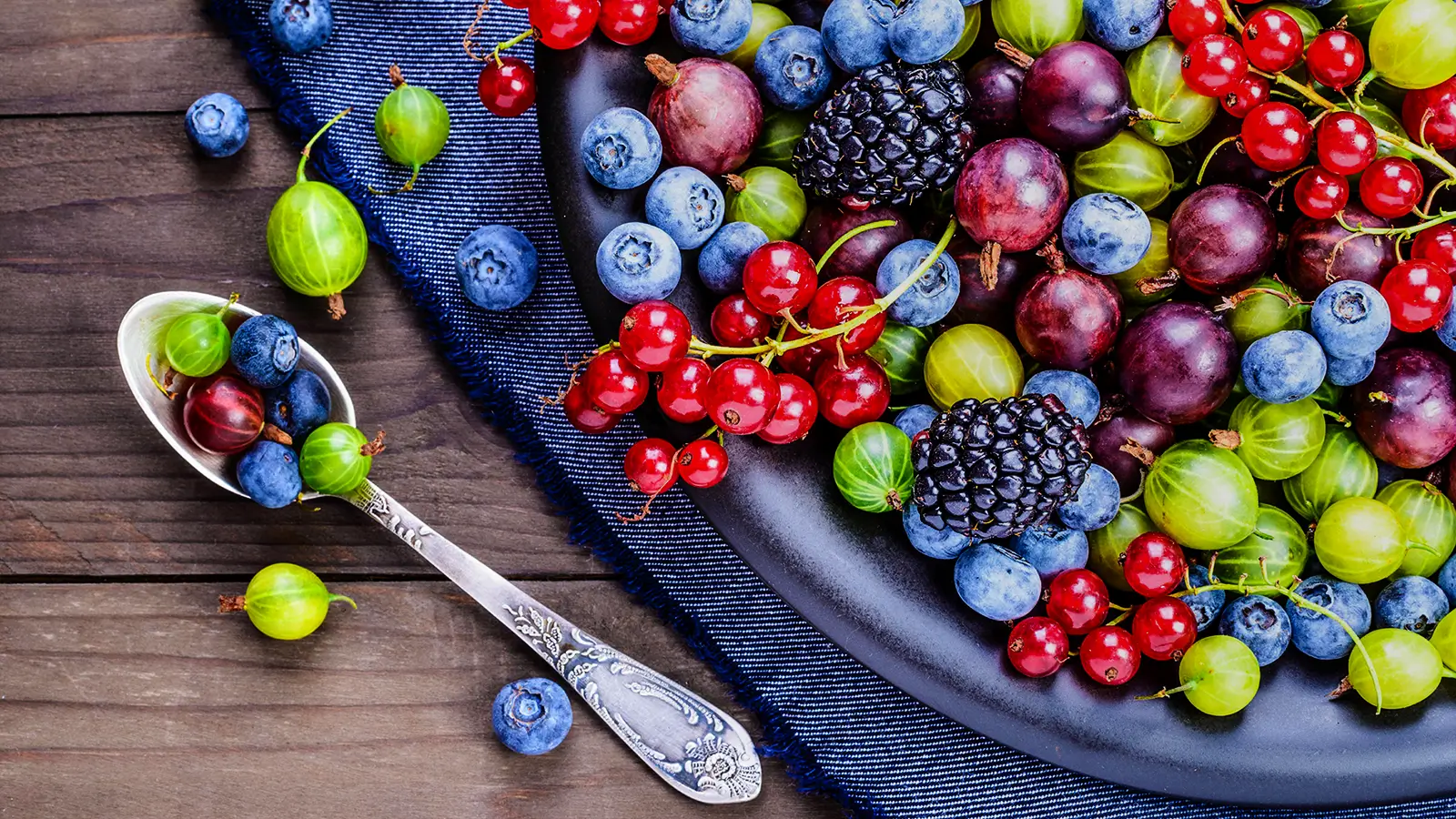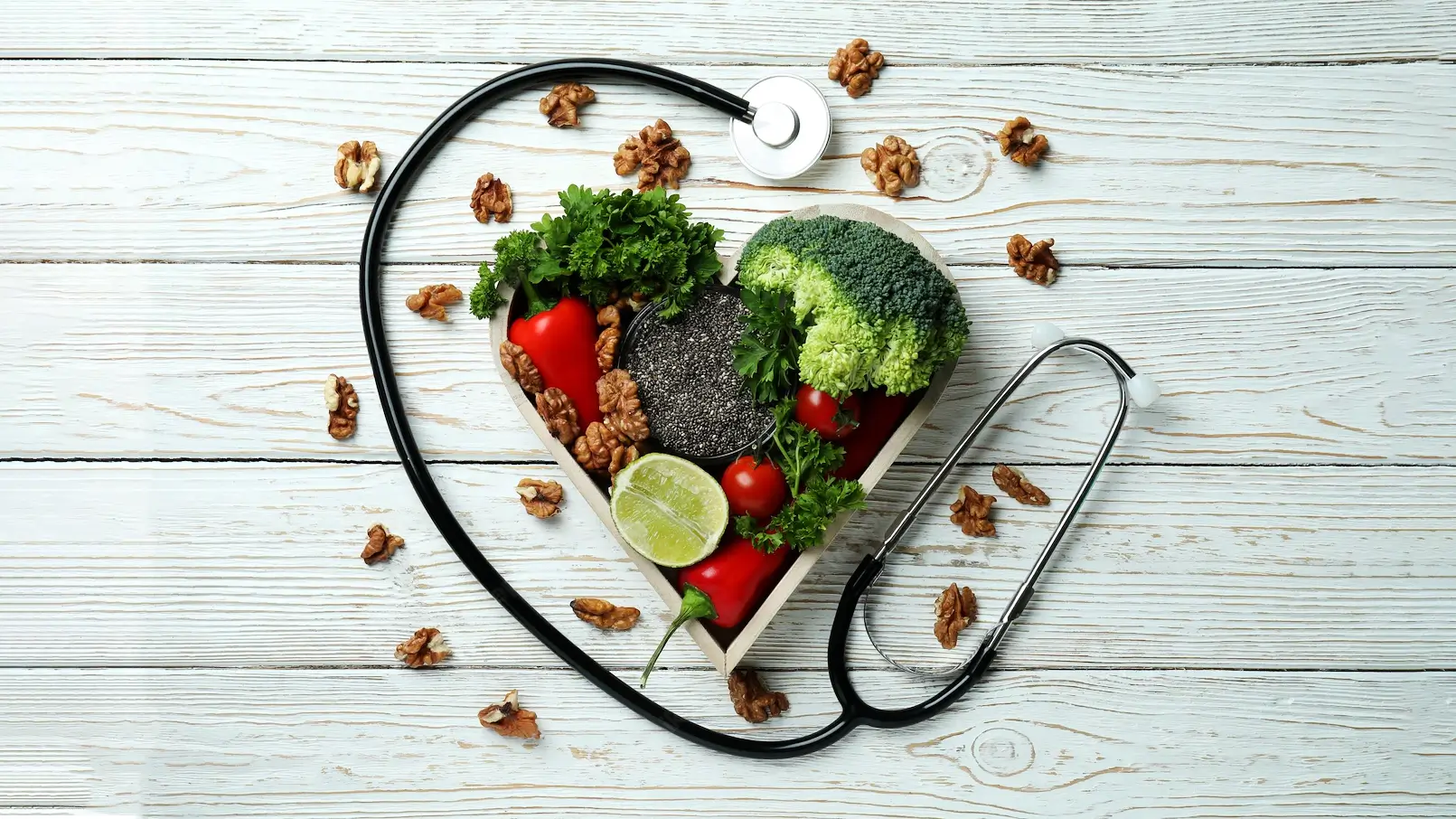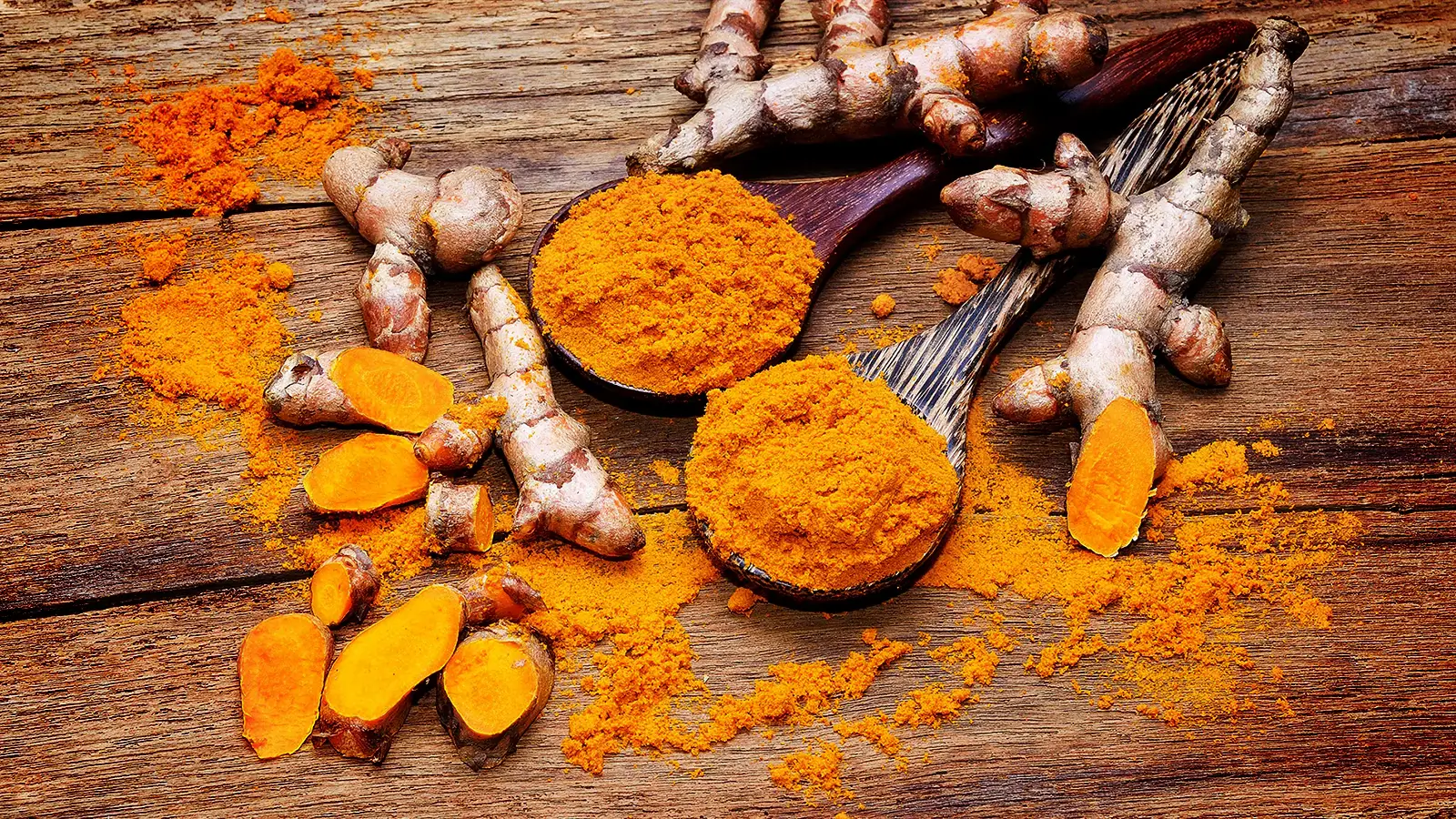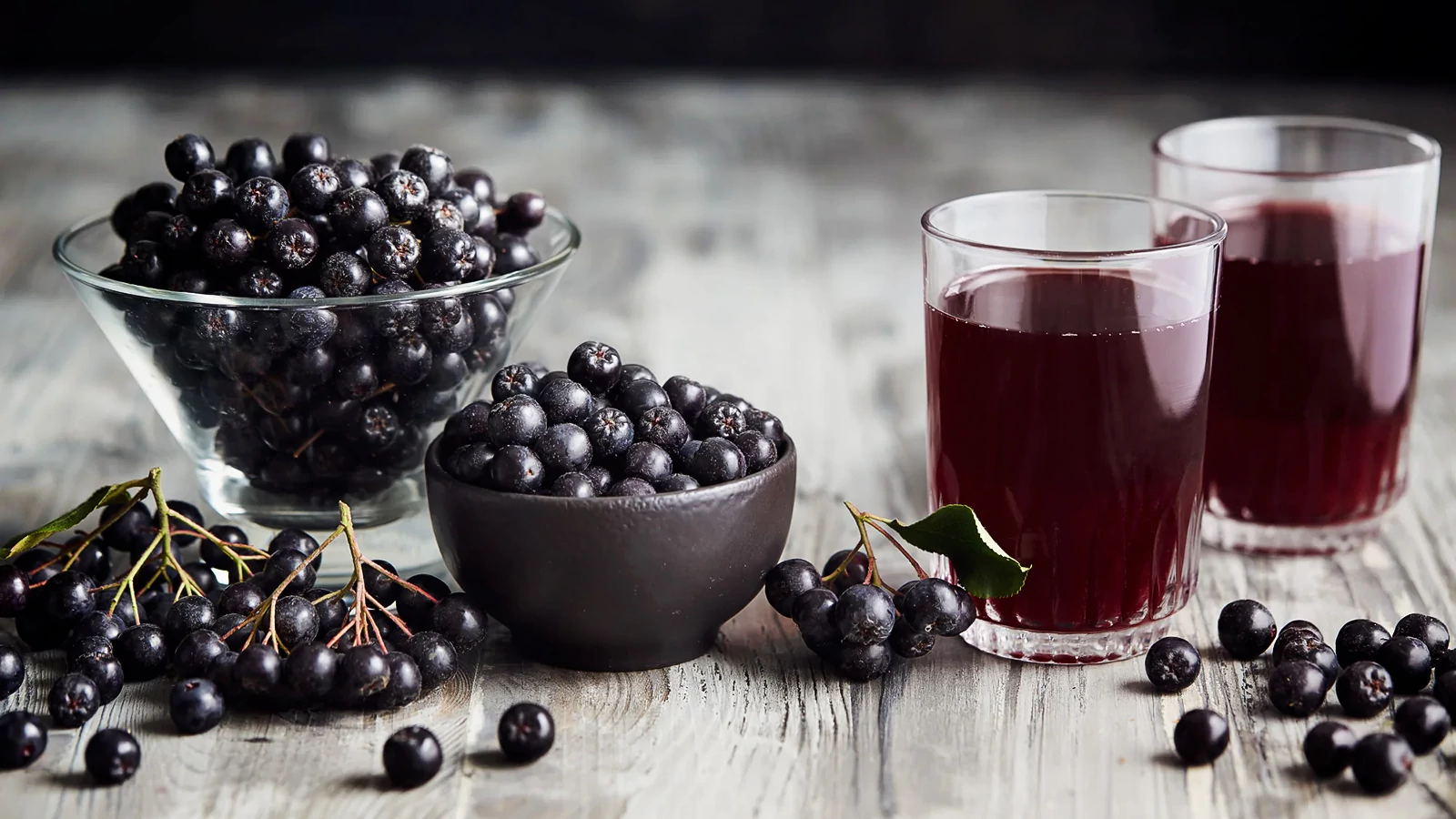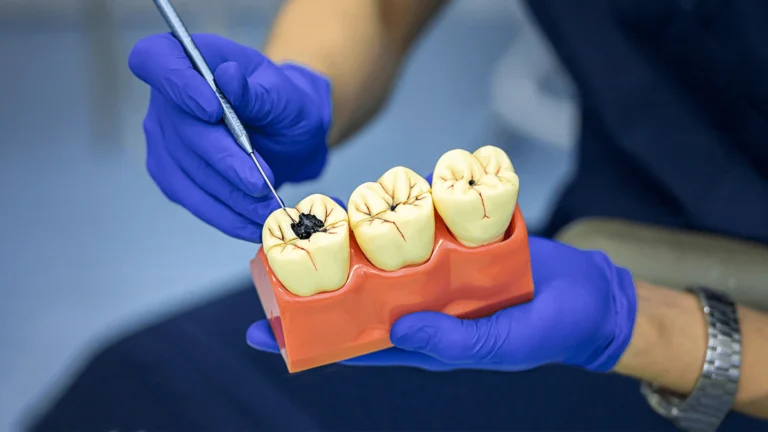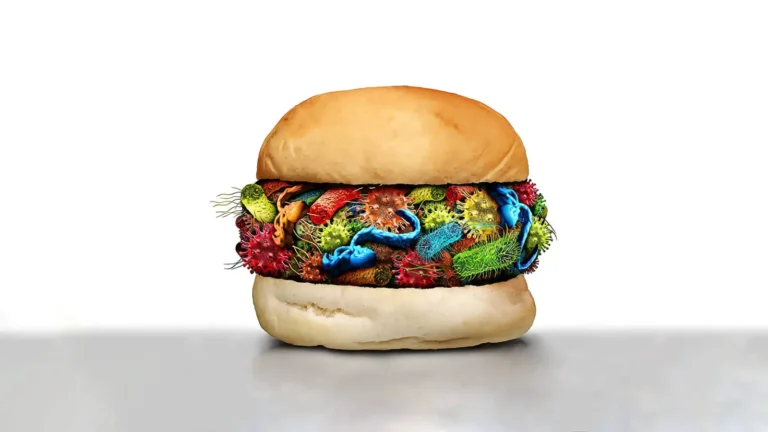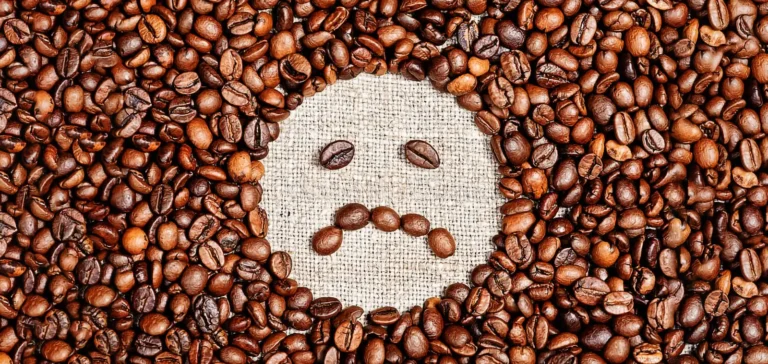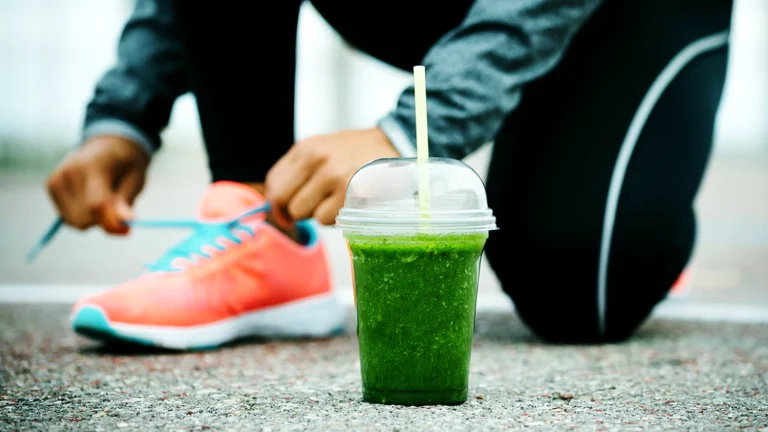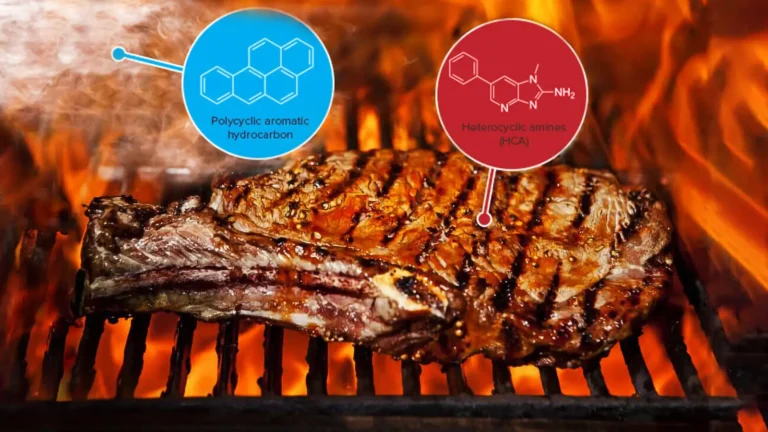La Vitamine C Intraveineuse dans le Traitement de La Grippe : Preuve Vivante de la Pratique Clinique
Lorsque vous souhaitez recevoir de la vitamine C par voie intraveineuse à l'hôpital, vous ne le dites pas à votre médecin. Au lieu de cela, vous demandez à votre avocat de le faire par écrit.
Milos Pokimica
Écrit par : Milos Pokimica
Examiné Médicalement Par : Dr. Xiùying Wáng, M.D.
Mis à jour le 22 mai 2023Dans le passé, et cela persiste encore aujourd'hui, les institutions médicales traditionnelles opposent une forte résistance à toute forme de supplémentation en antioxydants. Dans le passé, cette résistance était si forte que le corps médical faisait tout ce qu'il pouvait pour décourager les gens de prendre des antioxydants. Aujourd'hui, grâce à Internet, ils font tout ce qu'ils peuvent, à l'exception de la violence physique. La plupart du temps, ils se taisent et vous laissent mourir, même s'il existe un moyen de vous aider. Et si vous êtes éduqué et que vous insistez, ils vont vous maltraiter physiquement en vous refusant le traitement. Vous devez vous en souvenir. Médecine allopathique n'est qu'un modèle commercial et rien d'autre. La résistance aux traitements antioxydants dans la pratique médicale n'est qu'un exemple parmi d'autres.
La principale «raison» ou histoire était que les antioxydants ne sont importants que pour prévenir le scorbut ou une carence directe en vitamine E. Rien de plus que cela était du charlatanisme.
Pendant des décennies, il s'est agi d'une bataille scientifique, car médecine allopathique est une activité commerciale et, en tant que telle, elle serait compromise par des solutions bon marché. Par exemple, la curcumine de curcuma peut tuer les cellules cancéreuses mieux que la plupart des principaux médicaments de chimiothérapie disponibles sur le marché, sans aucun effet secondaire. Cela va à l'encontre des centaines de milliards de dollars d'investissements dans la lutte contre le cancer. cancer les bénéfices de l'industrie chaque année sur le marché mondial qui comprend non seulement le traitement du cancer, mais aussi les salaires des médecins, l'équipement médical, les thérapies complémentaires, les chirurgies, les médicaments, etc. S'il existe un traitement comme le méga-dosage de vitamine C qui est très bon marché ou un autre type d'antioxydants, alors qui va gagner de l'argent grâce aux médicaments brevetés, à la chimiothérapie, aux chirurgies et à tout le reste ? Pire encore, l'engendrement démographique et social n'ira pas dans le sens du résultat souhaité. Vous devriez mourir à 60 ans, et non à 130 après avoir dépensé toutes vos économies au service de la médecine moderne. J'ai déjà analysé certaines des histoires derrière le cartel commercial chimique-bancaire-médical dans des articles corrélés.
Même aujourd'hui, avec des milliers d'études, il n'y a pas recommandation pour la consommation quotidienne d'antioxydants. Antioxydants et autres phytochimiques Même si vous souhaitez utiliser, par exemple, une mégadose d'antioxydants pour traiter une maladie, le médecin vous menacera, ne voudra pas vous administrer le traitement et vous confrontera même directement.
Il y a eu un bon exemple de cela lorsque des hommes nommés Allan Smith sont revenus d'entre les morts.
Le documentaire de 60 minutes, "Living Proof", diffusé à la télévision néo-zélandaise en août 2010, a relaté cet événement. L'affaire est devenue un grand scandale juridique et a fini par faire la une des journaux, des émissions télévisées et des discussions au Parlement néo-zélandais. Il a été infecté par la grippe porcine et son système immunitaire s'est effondré. Il était dans le coma et était sous respirateur artificiel incapable de respirer par lui-même. Les médecins ont exigé de sa famille qu'il soit retiré de l'assistance respiratoire et qu'il n'y ait rien d'autre qu'ils puissent faire, et qu'il est fondamentalement déjà mort. La famille a refusé. Parce que sa famille connaît le travail de Luis Pauling et de son institut, ils ont rejeté et exigé du personnel médical qu'on lui injecte directement une méga-dose de vitamine C.
Chez les animaux, par exemple, lorsqu'ils contractent l'infection, la production de vitamine C augmente considérablement. Il est difficile pour l'homme de comprendre comment les antioxydants peuvent ont un effet sur les virus, mais la réponse est très simple. Si vous descendez suffisamment profondément à l'échelle moléculaire, tous les virus, toxines ou autres substances comme l'oxygène ou d'autres substances sont identiques. Tous ne sont que des pilleurs d'électrons. Au niveau moléculaire, l'oxygène, les virus et les toxines exercent leur action en volant des électrons à d'autres molécules. C'est tout. Il peut s'agir de poison de serpent ou de grippe aviaire, cela n'a pas d'importance. Au niveau moléculaire, ils cherchent simplement à prendre des électrons à d'autres molécules et la vitamine C est un antioxydant soluble dans l'eau qui possède cet électron supplémentaire.
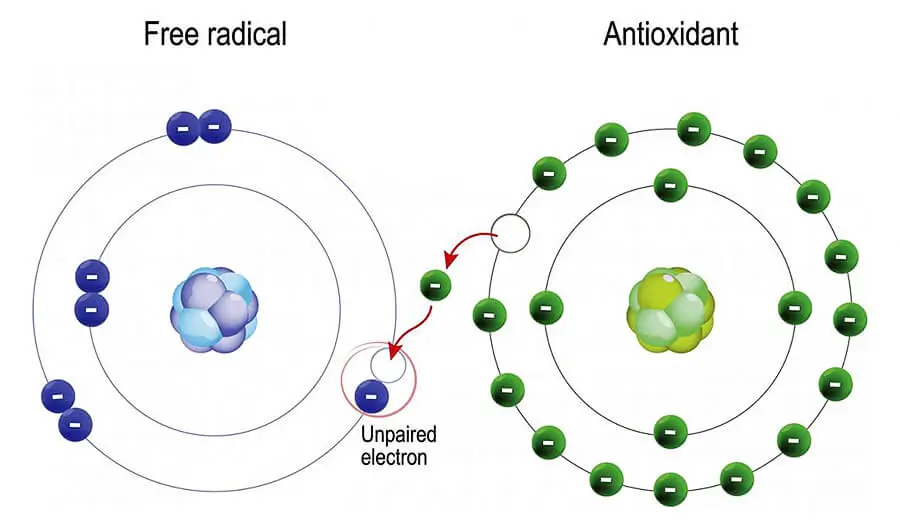
La famille d'Allan Smith, sachant tout cela, a exigé qu'il reçoive une mégadose de vitamine C par voie intraveineuse. Et les médecins ont refusé. Ils étaient tellement furieux qu'ils ont dit à la famille qu'ils ne donneraient pas de vitamine C et qu'ils éteindraient les machines sans leur consentement. C'est très psychologique et existentiel pour les médecins parce que s'il existe un remède contre des virus aussi puissants que la grippe porcine et que ce remède ne peut pas être breveté, alors toute leur profession est obsolète et pas seulement cela, toute leur profession est coupable d'avoir tué des millions de personnes en retenant thérapies qu'ils ne peuvent pas facturer.
Chaque fois que vous voulez faire cela, attendez-vous à la violence sous toutes les formes imaginables. Les médecins ne sont pas gentils, ils ne sont pas là pour vous guérir et se fichent pas mal que vous mouriez tant qu'ils ont un salaire à six chiffres.
Où sont les preuves ?
Contrairement à ce que nous appelons souvent la vitamine C alimentaire, qui joue un large éventail de rôles allant de la biosynthèse du collagène à l'absorption du fer, l'acide ascorbique utilisé en thérapeutique à des doses pharmacologiques par perfusion intraveineuse est utilisé en médecine depuis la fin des années 60.
Les recherches révolutionnaires menées par le Dr Frederick Klennner en 1949 ont montré que l'ascorbate administré par voie intraveineuse pouvait pratiquement éradiquer les maladies virales, notamment l'hépatite, la poliomyélite et la grippe, en inhibant la reproduction du virus (KLENNER et al., 1949).
Et oui, ils sont au courant et ont des injections de vitamine C dans tous les hôpitaux. Vitamine C mégadosée et non naturelle est utilisé cliniquement comme antioxydant. ou comme donneur d'électrons pour neutraliser toutes les toxines et les formes d'inflammation. L'acide ascorbique est certes très faible par rapport aux autres antioxydants existants, mais lorsqu'il est administré sous forme d'infusion dans la circulation sanguine, il devient une toute autre bête. Le génie scientifique Linus Pauling était parfaitement conscient du potentiel de l'acide ascorbique en tant que stratégie prophylactique dans les maladies virales telles que la grippe. Linus Pauling est largement connu pour avoir préconisé l'utilisation de fortes doses de vitamine C. Il a souligné que le virus serait généralement éliminé en prenant 1 g (1 000 mg) du médicament par heure au moment de l'infection. Cela représente 24 grammes par jour. C'est l'estimation qu'il a obtenue en recalculant la charge en vitamine C des primates et d'autres espèces pendant la maladie. La plupart des autres espèces et toutes les espèces non herbivores produisent leur propre vitamine C et la vitamine C n'est pas une vitamine pour elles. La production de vitamine C des chèvres était estimée à un gramme par heure. Il a recalculé la quantité de vitamine C produite par livre de masse corporelle en cas de maladie et a ajusté la valeur à l'homme, puis a recalculé les valeurs en fonction de la pratique clinique.
Si l'on considère uniquement les virus de la grippe, des recherches in vitro assez récentes (2008) ont montré que l'acide ascorbique et l'acide déhydroascorbique (acide ascorbique sous sa forme réduite) ont tous deux des effets antiviraux directs dans certaines situations. Le mécanisme d'action exact n'a été pleinement reconnu que récemment (Furuya et al., 2008).
Dans la plupart des pratiques cliniques, la vitamine C s'est avérée être un puissant antiviral, mais aussi un antifongique, un antibactérien, un anti-mélanome, un anti-rhumatoïde et un anti-leucémique. Des données montrant que des taux plasmatiques prolongés d'acide ascorbique chez l'homme sont nocifs pour les cellules tumorales ont été publiées pour la première fois par Riordan en 1995 (Riordan et al., 1995).
De plus, l'acide ascorbique favorise la production d'hormones de stress, et sa propriété la plus connue est ses propriétés antioxydantes.
Les effets du mégadosage de la vitamine C et vous devez vous rappeler que cela ne pourrait jamais être atteint par la consommation alimentaire dans l'évolution humaine normale. Ils ne peuvent être atteints que par voie intraveineuse. En tant qu'antioxydant, la vitamine C réduit également les médiateurs inflammatoires et stimule l'activité et le nombre des cellules auxiliaires et tueuses et, de cette manière, elle aide le fonctionnement du système immunitaire. Mais encore une fois, la consommation de 500 mg n'est pas la même qu'une injection IV.
L'injection intraveineuse est la seule méthode scientifiquement prouvée qui ait une signification clinique dans la pratique médicale. Si vous essayez de suivre un régime alimentaire, votre corps réagira en éliminant tout l'excès de vitamine C et vous finirez par souffrir de diarrhées incontrôlables. En cas de grippe grave, de cancer ou d'une autre affection mettant en jeu le pronostic vital, des méga-dosages ou des injections intraveineuses de vitamine C entrent en ligne de compte. Dans des situations normales, sans maladie mortelle, traumatisme ou stress, le maintien d'un niveau normal de consommation de vitamine C, soit un à deux grammes par jour, est plus que suffisant et un méga-dosage n'aura que peu ou pas d'effet bénéfique, sauf en cas de constipation. En cas de constipation, vous serez en mesure de purger naturellement votre côlon en administrant des doses massives de vitamine C. Dans des circonstances alimentaires normales, il est recommandé de ne pas consommer plus d'un gramme de vitamine C par jour, la vitamine C est utile en tant qu'antioxydant parce que notre corps a évolué pour l'utiliser. Il s'agit de l'antioxydant le plus sûr et le plus largement disponible connu en biologie. Il est soluble dans l'eau et peut être utilisé pour recycler la vitamine E dans une certaine mesure. Il est nécessaire pour neutraliser les radicaux libres et le niveau maximal tolérable de consommation alimentaire est dans ce cas le niveau optimal. Ces radicaux libres comprennent l'oxyde nitrique, l'hydroxyle, le superoxyde, le peroxynitrite et les lipo peroxydes. La quantité tolérée varie d'un individu à l'autre, mais un à deux grammes par jour suffisent. Par exemple, les personnes atteintes d'un cancer peuvent prendre 20 à 30 grammes sans souffrir de diarrhée. Si vous pouvez tolérer une quantité excessive de vitamine C, cela peut signifier que vous souffrez d'une forme d'inflammation ou d'une maladie comme le cancer.
La plupart de ces problèmes surviennent dans les unités de soins intensifs et sont causés par la chirurgie, les infections graves, les traumatismes, les médicaments intraveineux, l'oxygénothérapie et le stress. La capacité du système biologique à capturer et à neutraliser ces radicaux et ces électrons erronés défectueux a pratiquement été épuisée dans les cas où le système immunitaire des personnes est déjà trop faible. C'est le cas, par exemple, de la grippe porcine sévère de type pneumonie ou du COVID. En outre, la vitamine C a une activité antivirale directe prouvée par la recherche scientifique. C'est pourquoi les injections IV de vitamine C ou le méga-dosage de vitamine C par des formules liposomales sont utilisés dans ces situations pour neutraliser certaines toxines, exotoxines, infections virales, endotoxines et histamine. Tout cela a été prouvé par la recherche scientifique il y a plusieurs dizaines d'années.
De plus, rappelez-vous qu'il n'y a absolument rien d'unique ou de spécial à propos de la vitamine C. Sur une échelle de puissance, c'est l'un des antioxydants les plus faibles qui existent. Par exemple, l'astaxanthine est non seulement plus stable, mais des études cliniques ont montré qu'elle était environ 6 000 fois plus antioxydante que la vitamine C. Mais lorsque vous faites une injection intraveineuse, vous compensez sa faiblesse par une simple quantité. Et parce que la vitamine C est soluble dans l'eau et n'a besoin d'aucune détoxification enzymatique et n'a également aucune toxicité en soi à n'importe quel dosage, l'excès sera simplement éliminé par les reins.
Mais arrêtez, il y a un problème ici.
La vitamine C est bon marché, la vitamine C est non toxique et la vitamine C ne peut pas être brevetée.
Après cinquante ans d'études et de recherches, le débat fait toujours rage, et ce, à dessein. La confusion est délibérée. Des patients meurent parce que notre système médical n'utilise pas la vitamine C par voie intraveineuse et ils s'en moquent. L'utilisation de l'acide ascorbique par voie intraveineuse reste "controversée et émotionnelle".
Dans le cas clinique d'Allan Smith, le poumon d'Allan était tellement rempli de liquide infecté qu'il ne pouvait plus respirer et, aux yeux des médecins, il était déjà mort. Ils ont fait ce qu'ils ont appris à l'université de médecine et ne feraient en aucun cas quoi que ce soit en dehors des pratiques acceptées, en raison de l'octroi de licences dans l'industrie médicale. En outre, ils doivent toujours se couvrir dans ces situations contre toute responsabilité en cas de problème. Dans leur esprit, il n'avait aucune chance de guérir, mais ils ne pouvaient rien faire d'autre que d'attendre sa mort. Ils n'ont pas "cru" au charlatanisme de Luis Pauling qui a été "prouvé" par la FDA que les antioxydants et la vitamine C ne servent qu'à prévenir le scorbut et l'histoire était terminée. Pas de discussion et vous n'avez pas le droit de leur dire ce qu'est la vérité parce que vous n'êtes qu'un idiot qui croit aux pseudosciences.
Après trois semaines de coma, on lui a diagnostiqué une leucémie et les spécialistes ont annoncé à la famille qu'ils allaient débrancher le respirateur artificiel. Tout cela a été documenté, l'émission de télévision 60 minutes a réussi à mettre la main sur le compte rendu de l'hôpital d'Auckland de la réunion au cours de laquelle ils ont décidé de débrancher le respirateur artificiel. Jusqu'à ce jour, l'hôpital d'Auckland est resté silencieux sur l'incident et n'a jamais fait de déclaration publique, espérant que cette histoire finira par être oubliée.
Quand ils ont dit à sa famille qu'ils allaient mettre fin à ses jours, la famille a exigé une mégadose de vitamine C par voie intraveineuse. Ils ont dit non.
La famille s'est alors mise en colère en disant aux médecins qu'ils n'avaient pas à croire quoi que ce soit, qu'ils n'avaient rien à perdre si cela ne marchait pas et que s'ils refusaient de le faire, ils appelleraient un avocat. Le conseil d'Auckland a alors décidé d'attendre deux jours de plus et a procédé à une injection de 25 grammes de vitamine C le jeudi soir, puis à une autre injection de 25 grammes le mercredi matin. Le mercredi soir, un scanner de la poitrine a révélé la présence de poches d'air. Sur une radiographie effectuée à deux jours d'intervalle, le poumon s'est amélioré de façon spectaculaire, au-delà de tout ce qui était naturellement possible. L'argument du personnel médical était qu'il allait mieux parce qu'il avait été mis à plat ventre un jour auparavant.
En réalité, ils étaient frappés par la peur et ne savaient pas quoi faire maintenant.
Ils voulaient mettre fin à sa vie, mais maintenant parce qu'il montre une amélioration spectaculaire, ils ne pouvaient pas. En même temps, cela prouvera qu'ils se sont trompés en premier lieu. Mais encore une fois, ils ne pouvaient pas se tromper car alors toute l'industrie médicale se trompe ou pire, une arnaque conçue pour tuer des gens. Donc, ils ont inventé une excuse que la vitamine C n'avait rien à voir avec cela. Ensuite, la famille leur a demandé si le fait de le mettre sur le ventre avait eu un impact sur une amélioration aussi spectaculaire et pourquoi ils n'avaient pas essayé avant de décider d'éteindre la machine. Il n'y avait pas de réponse.
Après seulement 5 jours de vitamine C par voie intraveineuse, Allen s'est amélioré au point où il a pu respirer par lui-même et a pu être retiré de l'assistance respiratoire, et vendredi, il a été retiré.
Mais son état a recommencé à se détériorer et il était sur le point d'être à nouveau placé sous assistance respiratoire, ses poumons étant remplis de fluides. La famille a appris que le conseil médical avait nommé un autre consultant qui lui avait retiré l'administration de vitamine C. Le nouveau consultant était tellement contre qu'il ne voulait plus administrer de vitamine C et ne se souciait pas d'une éventuelle action en justice contre lui. Il s'est contenté de s'asseoir sur sa chaise et de dire : "Non, je ne le ferai pas, non, je ne le remettrai pas sous traitement, non, faites ce que vous voulez, non, je ne le remettrai pas sous traitement". L'un des fils Allen s'est alors "mis en colère" et la réunion a été interrompue.
Ensuite, le conseil l'a remis, mais seulement sur 1 gramme par jour. La dose était très faible mais malheureusement pour le conseil médical, il a recommencé à récupérer, mais à un rythme plus lent. Ensuite, il a été transféré dans un autre hôpital et là encore, les médecins lui ont retiré cette faible dose de vitamine C. Puis la famille a finalement appelé un avocat et a intenté une action en justice contre l'hôpital et a décidé d'aller devant la Haute Cour de Nouvelle-Zélande. Ensuite, les médecins l'ont remis mais encore une fois, ils lui ont administré une faible dose de 2 grammes par jour et la famille voulait 50 grammes par jour.
Finalement, une famille a découvert qu'il était possible de prendre de la vitamine C par voie orale sans injection. Lorsque vous prenez de la vitamine C sous forme de poudre, l'organisme ne peut pas absorber toute la vitamine C en une seule fois, mais il existe une forme de vitamine C qui est capturée dans une molécule de lipide pour tromper l'organisme. Il s'agit de la vitamine C liposomale. Lorsque le corps absorbe cette molécule lipidique et commence à la décomposer, la vitamine C est libérée de l'intérieur. La famille a commencé à lui donner des suppléments après sa sortie du coma et l'hôpital n'a pas pu les en empêcher légalement. Il a été réveillé et il peut, de son plein gré, prendre tous les suppléments qu'il veut, avec ou sans l'accord du médecin. On lui a dit qu'il lui faudrait trois mois pour pouvoir marcher, mais après s'être réveillé et avoir commencé à prendre de la vitamine C liposomale de son propre chef, il est sorti de l'hôpital en 14 jours. Par ailleurs, sa leucémie a également été guérie.
Cette histoire est devenue une question politique en Nouvelle-Zélande et a fait la une des journaux. La leçon à en tirer est la suivante : lorsque vous souhaitez que l'on vous administre de la vitamine C par voie intraveineuse, à vous ou à un membre de votre famille à l'hôpital, vous ne le dites pas à votre médecin. Au lieu de cela, vous demandez à votre avocat d'en informer votre médecin par écrit.
La vitamine C liposomale est un bon antioxydant complémentaire, car l'organisme peut utiliser les électrons supplémentaires qu'elle contient pour neutraliser les toxines, puis évacuer la forme oxydée réduite de la vitamine C (acide déhydroascorbique). Pour notre organisme, il est facile d'éliminer la forme oxydée de la vitamine C et d'autres types d'antioxydants hydrosolubles par les reins. Cela nous maintient effectivement dans un surplus d'électrons libres. Par exemple, dans cette étude (Kubin et al., 2003), ils ont conclu que la chirurgie augmente l'oxydation de l'AA (acide ascorbique) et l'excrétion urinaire de DHAA (acide déhydroascorbique), en raison de la formation accrue de radicaux libres. Tout stress subi par l'organisme, et pas seulement une intervention chirurgicale, va accaparer une partie des électrons libres de la vitamine C méga-dosée pour neutraliser l'inflammation. Il est donc scientifiquement prouvé aujourd'hui, quoi qu'en disent certains médecins, que le méga-dosage de vitamine C est bénéfique. Mais lorsqu'il s'agit d'antioxydants solubles dans l'huile, comme la vitamine E et le bêta-carotène, des quantités excessives doivent être éliminées par des voies enzymatiques, ce qui est beaucoup plus compliqué que de simplement les évacuer par l'urine. C'est peut-être la raison pour laquelle on peut prendre des doses énormes de vitamine C sans qu'il y ait de corrélation avec une quelconque maladie ou mortalité, contrairement à la vitamine E, par exemple, pour laquelle il existe un point de rendement décroissant. Mais là encore, la plupart des études existantes utilisent une forme synthétique de vitamine E, et non une forme naturelle, et je pense que cela est fait à dessein. Régulièrement la médecine n'aime pas les solutions bon marché et efficaces qui ne peuvent être brevetées. Lorsque vous mentionnez les antioxydants ou, dans le cas présent, la vitamine C au médecin, attendez-vous à une explosion de haine. Vous mettez en péril leur salaire à six chiffres et ils n'apprécient pas du tout.
Le professeur John Fraser, directeur de l'École des sciences médicales de l'Université d'Auckland, a déclaré au Science Media Center (Nouvelle-Zélande) :
" Il est décevant que le journaliste n'ait pas tenté de demander l'avis d'un expert sur les raisons pour lesquelles les consultants n'étaient pas disposés à administrer de fortes doses de vitamine C. Il n'y a certainement aucune preuve dans la littérature médicale que ce traitement fonctionne particulièrement dans les cas graves de pneumonie.
Les consultants ont eu tout à fait raison de résister à l'utilisation d'un traitement non éprouvé et, à leur crédit, ils ont accepté d'accommoder les souhaits de la famille parce qu'ils estimaient que cela ne ferait aucun mal. Dans ce cas remarquable, le patient a survécu, mais il n'y a aucune preuve que cela était dû à la vitamine C. C'est une merveilleuse histoire de survie personnelle et il est triste qu'elle ait été utilisée pour discréditer les professionnels qui essayaient juste de fournir leur mieux pour un patient très malade. Si la vitamine C l'avait tué, l'histoire aurait été différente. C'est le risque d'utiliser un traitement qui n'a pas fait ses preuves. "
Références :
Passages sélectionnés dans un livre : Passages sélectionnés dans un livre : Pokimica, Milos. Devenir vegetarien? Examen de la science, partie 3. Édition Kindle., Amazone, 2020.
- KLENNER FR (1949). Le traitement de la poliomyélite et d'autres maladies virales avec de la vitamine C. Médecine et chirurgie du Sud, 111(7), 209-214.[PubMed]
- Furuya, A., Uozaki, M., Yamasaki, H., Arakawa, T., Arita, M. et Koyama, A. (2008). Effets antiviraux des acides ascorbique et déhydroascorbique in vitro. Revue internationale de médecine moléculaire, 22(4), 541–545. [PubMed]
- Riordan, NH, Riordan, HD, Meng, X., Li, Y. et Jackson, JA (1995). Ascorbate intraveineux en tant qu'agent chimiothérapeutique cytotoxique des tumeurs. Hypothèses médicales, 44(3), 207–213. https://doi.org/10.1016/0306-9877(95)90137-x
- En ligneEly JT (2007). Rôle de l'acide ascorbique dans l'endiguement de la pandémie mondiale de grippe aviaire. Biologie expérimentale et médecine (Maywood, NJ), 232(7), 847–851. [PubMed]
- Brody, S., Preut, R., Schommer, K. et Schürmeyer, TH (2002). Un essai contrôlé randomisé d'acide ascorbique à haute dose pour la réduction de la pression artérielle, du cortisol et des réponses subjectives au stress psychologique. Psychopharmacologie, 159(3), 319–324. https://doi.org/10.1007/s00213-001-0929-6
- Riordan, HD, Hunninghake, RB, Riordan, NH, Jackson, JJ, Meng, X., Taylor, P., Casciari, JJ, González, MJ, Miranda-Massari, JR, Mora, EM, Rosario, N., & En ligneRivera, A. (2003). Acide ascorbique intraveineux : protocole d'application et d'utilisation. Revue des sciences de la santé de Porto Rico, 22(3), 287–290.[PubMed]
- Kubin, A., Kaudela, K., Jindra, R., Alth, G., Grünberger, W., Wierrani, F., & Ebermann, R. (2003). Dehydroascorbic acid in urine as a possible indicator of surgical stress. Annals of nutrition & metabolism, 47(1), 1–5. https://doi.org/10.1159/000068905
- Riordan, HD, Riordan, NH, Jackson, JA, Casciari, JJ, Hunninghake, R., González, MJ, Mora, EM, Miranda-Massari, JR, Rosario, N., & Rivera, A. (2004). Vitamine C intraveineuse comme agent chimiothérapeutique : rapport sur des cas cliniques. Revue des sciences de la santé de Porto Rico, 23(2), 115–118. [PubMed]
- Chen, Q., Espey, MG, Krishna, MC, Mitchell, JB, Corpe, CP, Buettner, GR, Shacter, E., & Levine, M. (2005). Les concentrations pharmacologiques d'acide ascorbique tuent sélectivement les cellules cancéreuses : action en tant que pro-médicament pour délivrer du peroxyde d'hydrogène aux tissus. Actes de l'Académie nationale des sciences des États-Unis d'Amérique, 102(38), 13604–13609. https://doi.org/10.1073/pnas.0506390102
- Klenner, F.R. (2014). Observations On the Dose and Administration of Ascorbic Acid When Employed Beyond the Range Of A Vitamin In Human Pathology. Journal of Orthomolecular Medicine, 13, 198-210. [PDF]
- Wilson, J. X. (2009). Mechanism of action of vitamin C in sepsis: Ascorbate modulates redox signaling in endothelium. BioFactors (Oxford, Angleterre), 35(1), 5. https://doi.org/10.1002/biof.7
- Nathens, AB, Neff, MJ, Jurkovich, GJ, Klotz, P., Farver, K., Ruzinski, JT, Radella, F., Garcia, I., & Maier, RV (2002). Essai prospectif randomisé sur la supplémentation en antioxydants chez des patients chirurgicaux gravement malades. Annales de chirurgie, 236(6), 814-822. https://doi.org/10.1097/00000658-200212000-00014
- Giladi, A. M., Dossett, L. A., Fleming, S. B., Abumrad, N. N., & Cotton, B. A. (2011). High-dose antioxidant administration is associated with a reduction in post-injury complications in critically ill trauma patients. Injury, 42(1), 78–82. https://doi.org/10.1016/j.injury.2010.01.104
- Long, CR, Maull, KI, Krishnan, R., Laws, HL, Geiger, JW, Borghesi, L., Franks, WR, Lawson, T. et Sauberlich, HE (2003b). Dynamique de l'acide ascorbique chez les personnes gravement malades et blessées. Journal of Surgical Research, 109(2), 144–148. https://doi.org/10.1016/s0022-4804(02)00083-5
- Marik, PE, Khangoora, V., Rivera, R., Hooper, MH et Catravas, J. (2017). Hydrocortisone, vitamine C et thiamine pour le traitement du sepsis sévère et du choc septique : une étude rétrospective avant-après. Poitrine, 151(6), 1229-1238. https://doi.org/10.1016/j.chest.2016.11.036
Articles Similaires
Vous avez des questions sur la nutrition et la santé ?
J'aimerais avoir de vos nouvelles et y répondre dans mon prochain post. J'apprécie votre contribution et votre opinion et j'ai hâte d'avoir de vos nouvelles bientôt. Je vous invite également à nous suivre sur Facebook, Instagram et Pinterest pour plus de contenu sur l'alimentation, la nutrition et la santé. Vous pouvez y laisser un commentaire et entrer en contact avec d'autres passionnés de santé, partager vos conseils et expériences, et obtenir le soutien et les encouragements de notre équipe et de notre communauté.
J'espère que ce billet a été instructif et agréable pour vous et que vous êtes prêt à mettre en pratique les connaissances que vous avez acquises. Si vous avez trouvé ce billet utile, veuillez le partager à vos amis et à votre famille qui pourraient également en bénéficier. On ne sait jamais qui peut avoir besoin de conseils et de soutien dans son parcours de santé.
– Vous pourriez aussi aimer –

Apprendre la Nutrition
Milos Pokimica est docteur en médecine naturelle, nutritionniste clinique, rédacteur en santé médicale et nutrition et conseiller en sciences nutritionnelles. Auteur de la série de livres Devenir vegetarien ? Examen des sciences, il exploite également le site Web de santé naturelle GoVeganWay.com
Avis de non-responsabilité médicale
GoVeganWay.com vous propose des critiques des dernières recherches liées à la nutrition et à la santé. Les informations fournies représentent l'opinion personnelle de l'auteur et ne sont pas destinées ni implicitement à remplacer un avis médical professionnel, un diagnostic ou un traitement. Les informations fournies sont fournies à titre informatif uniquement et ne sont pas destinées à remplacer la consultation, le diagnostic et/ou le traitement médical d'un médecin ou d'un prestataire de soins de santé qualifié.NE JAMAIS IGNORER LES CONSEILS MÉDICAUX PROFESSIONNELS OU RETARDER LA RECHERCHE DE SOINS MÉDICAUX EN RAISON DE QUELQUE CHOSE QUE VOUS AVEZ LU OU ACCÉDÉ SUR GoVeganWay.com
N'APPLIQUEZ JAMAIS DE CHANGEMENTS AU STYLE DE VIE OU TOUT CHANGEMENT À LA SUITE DE QUELQUE CHOSE QUE VOUS AVEZ LU SUR GoVeganWay.com AVANT DE CONSULTER UN PRATICIEN MÉDICAL AGRÉÉ.
En cas d'urgence médicale, appelez immédiatement un médecin ou le 911. GoVeganWay.com ne recommande ni n'approuve aucun groupe, organisation, test, médecin, produit, procédure, opinion ou autre information spécifique pouvant être mentionné à l'intérieur.
Choix de l'éditeur -
Milos Pokimica est docteur en médecine naturelle, nutritionniste clinique, rédacteur en santé médicale et nutrition et conseiller en sciences nutritionnelles. Auteur de la série de livres Devenir vegetarien ? Examen des sciences, il exploite également le site Web de santé naturelle GoVeganWay.com
Derniers articles –
Nouvelles Basées Sur Les Plantes
-
How To Make Creamy Chocolate Oat Milk Without Sugar Or Oil
on juillet 11, 2025
-
Vegan Quinoa And Feta Salad
on juillet 11, 2025
-
‘If I Could Only Make One Plant-Based Recipe, This Would Be It’
on juillet 10, 2025
-
5-Ingredient Vegan Bread And Butter Pudding
on juillet 10, 2025
-
10 Quick Vegan Weekday Breakfasts
on juillet 9, 2025
-
This Tempeh Parmesan Recipe Has Gone Viral For A Reason
on juillet 8, 2025
-
This High-Protein Vegan Kimchi Jjigae Might Be The Best Yet
on juillet 8, 2025
Top Des Nouvelles Sur la Santé - ScienceDaily
- In seconds, AI builds proteins to battle cancer and antibiotic resistanceon juillet 11, 2025
Artificial intelligence is now designing custom proteins in seconds—a process that once took years—paving the way for cures to diseases like cancer and antibiotic-resistant infections. Australian scientists have joined this biomedical frontier by creating bacteria-killing proteins with AI. Their new platform, built by a team of biologists and computer scientists, is part of a global movement to democratize and accelerate protein design for medical breakthroughs.
- How a hidden brain circuit fuels fibromyalgia, migraines, and PTSDon juillet 11, 2025
What if your brain is the reason some pain feels unbearable? Scientists at the Salk Institute have discovered a hidden brain circuit that gives pain its emotional punch—essentially transforming ordinary discomfort into lasting misery. This breakthrough sheds light on why some people suffer more intensely than others from conditions like fibromyalgia, migraines, and PTSD. By identifying the exact group of neurons that link physical pain to emotional suffering, the researchers may have found a […]
- Lemurs age without inflammation—and it could change human health foreveron juillet 10, 2025
What if humans didn’t have to suffer the slow-burning fire of chronic inflammation as we age? A surprising study on two types of lemurs found no evidence of “inflammaging,” a phenomenon long assumed to be universal among primates. These findings suggest that age-related inflammation isn’t inevitable and that environmental factors could play a far bigger role than we thought. By peering into the biology of our primate cousins, researchers are opening up new possibilities for preventing […]
- This tiny implant could save diabetics from silent, deadly crasheson juillet 10, 2025
MIT engineers have developed a tiny implantable device that could revolutionize emergency treatment for people with Type 1 diabetes. The device contains a powdered form of glucagon and can be remotely triggered—either manually or automatically by a glucose monitor—to release the hormone when blood sugar drops too low. This offers a potentially life-saving safety net, especially during sleep or for young children.
- Your Brain’s Hidden Defenses Against Alzheimer’son juillet 10, 2025
Scientists at UCSF combined advanced brain-network modeling, genetics, and imaging to reveal how tau protein travels through neural highways and how certain genes either accelerate its toxic journey or shield brain regions from damage. Their extended Network Diffusion Model pinpoints four gene categories that govern vulnerability or resilience, reshaping our view of Alzheimer’s progression and spotlighting fresh therapeutic targets.
- No training needed: How humans instinctively read nature’s signalson juillet 10, 2025
People can intuitively sense how biodiverse a forest is just by looking at photos or listening to sounds, and their gut feelings surprisingly line up with what scientists measure.
- This muscle supplement could rewire the brain—and now scientists can deliver iton juillet 10, 2025
Creatine isn’t just for gym buffs; Virginia Tech scientists are using focused ultrasound to sneak this vital energy molecule past the blood-brain barrier, hoping to reverse devastating creatine transporter deficiencies. By momentarily opening microscopic gateways, they aim to revive brain growth and function without damaging healthy tissue—an approach that could fast-track from lab benches to lifesaving treatments.
PubMed, #régime-vegan –
- Effects of different dietary patterns on glucose management in type 1 diabetes: a systematic review and meta-analysis of randomized controlled trialson juillet 11, 2025
BACKGROUND: Effective glucose management is essential to prevent complications in type 1 diabetes. While nutrition therapy is crucial, the optimal diet remains uncertain. Our systematic review and meta-analysis synthesized evidence from randomized controlled trials (RCTs) on the impact of various diets on glucose management in type 1 diabetes.
- Dietary acid load on the Mediterranean and a vegan diet: a secondary analysis of a randomized, cross-over trialon juillet 10, 2025
CONCLUSION: These findings suggest that, compared with the Mediterranean diet, dietary acid load decreased significantly on the low-fat vegan diet and was associated with weight loss. The alkalizing effect of a vegan diet may be an independent mechanism by which a vegan diet promotes weight loss.
- Effects of vegan diets and lifestyle on adult body composition: a narrative reviewon juillet 10, 2025
The health benefits of vegan diets are well documented, though achieving nutritional adequacy requires careful planning, as is the case with any well-designed diet. Vegan diets effectively address obesity, with emerging evidence suggesting that body composition analysis offers a more accurate assessment of body weight management than traditional body mass index (BMI) calculations. This narrative review evaluates the impact of vegan diets on adult body composition based on 16 human […]
- Framing the meat consumption transition: A statistical learning approach to explore the factors shaping young adults’ food choices in Germany and Italyon juillet 6, 2025
This study examines the factors driving changes in meat consumption among young adults in Germany and Italy-two high-income countries that, despite their distinct culinary traditions, have seen a convergence in meat consumption levels in recent years. The research addresses two aims: to examine the role of environmental attitudes in shaping dietary choices and to explore the impact of socio-demographic factors on meat-consumption patterns. The analysis employs the General Ecological Behavior…
- Health and environmental impacts of shifting to plant-based analogues: a risk-benefit assessmenton juillet 5, 2025
CONCLUSION: PBAs can be considered feasible alternatives to animal-based foods, and the results emphasise meat substitution as a crucial factor for health and environmental benefits.
Messages aléatoires –
Postes en vedette -

Dernières Nouvelles de PubMed, #alimentation végétale –
- Association between protein diet score and colorectal adenomas risk: a prospective studyby Yangpiaoyi Shi on juillet 11, 2025
CONCLUSION: Our findings indicate that higher Protein Diet Score is associated with reduced colorectal adenoma incidence among middle-aged and elderly Americans, with similar findings observed for the PAR. These results provide important evidence for optimizing protein intake and source composition to promote intestinal health.
- Dietary acid load on the Mediterranean and a vegan diet: a secondary analysis of a randomized, cross-over trialby Hana Kahleova on juillet 10, 2025
CONCLUSION: These findings suggest that, compared with the Mediterranean diet, dietary acid load decreased significantly on the low-fat vegan diet and was associated with weight loss. The alkalizing effect of a vegan diet may be an independent mechanism by which a vegan diet promotes weight loss.
- Impact of Elateriospermum tapos Supplementation on Leptin and Hypothalamic Signaling in Female Offspring of High-Fat Diet-Induced Obeseby Santhra Segaran Balan on juillet 10, 2025
CONCLUSION: In conclusion, the E. tapos shell significantly reduced maternal obesity in female offspring at PND21 compared to its seed.
- Effects of diet on sperm functionality and cryopreservation tolerance in Atlantic salmon (Salmo salar)by Elías Figueroa Villalobos on juillet 10, 2025
This study evaluates the impact of dietary composition on the functionality and cryopreservation tolerance of intratesticular spermatozoa in Atlantic salmon (Salmo salar). A total of 40 males were divided into four dietary treatment groups: Diet I, based on marine-derived lipids and proteins; Diet II, replacing 65 % of marine proteins and 51 % of lipids with plant and terrestrial animal sources; and two commercial reference diets (III and IV) to contrast with the experimental diets. Over a…
- Healthy Plant-Based Diet Is Associated With a Reduced Risk of Inflammatory Bowel Disease: A Large-Scale Prospective Analysisby Zhenhe Jin on juillet 9, 2025
Current studies indicated a potential inverse association between plant-based diets (PBD) and inflammatory bowel disease (IBD). Large-scale research is needed to confirm the protective role of PBD in IBD risk. This study evaluated the associations between PBD and IBD risk and explored potential mediators. This prospective cohort study included 143 434 UK Biobank participants, using 24-h dietary recalls to calculate PBD indexes. Cox regression assessed associations between PBD and IBD risk….
- Associations of nutritional knowledge with dietary patterns and breast cancer occurrenceby Beata Stasiewicz on juillet 9, 2025
It is well-established that women’s nutrition knowledge (NK) is strongly associated with children’s nutritional outcomes. However, the association of women’s NK with their own diet and health status, including cancer occurrence, remains unknown. This case-control study aimed to assess the associations of NK with dietary patterns (DPs) and breast cancer (BC) occurrence in peri- and postmenopausal women. Data were collected for 417 women aged 40.0-79.9 years from north-eastern Poland, including…
